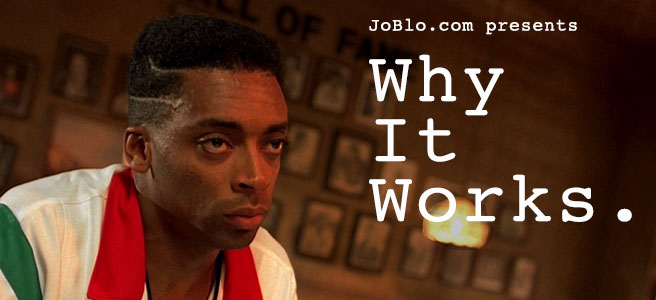 Why It Works is an ongoing column which breaks down some of the most acclaimed films in history and explores what makes them so iconic, groundbreaking, and memorable.
Why It Works is an ongoing column which breaks down some of the most acclaimed films in history and explores what makes them so iconic, groundbreaking, and memorable.
****SPOILERS AHEAD****
The Academy Awards are right around the corner, and with them another unfortunate conflict regarding diversity within the nominations. While the films and people up for Oscars this year are all certainly commendable, it's a shame we find ourselves still embroiled in this situation in 2016. Rather than get into a whole thing about it, though, let's instead take a look at a film which challenged prejudice back in 1989 and feels as relevant today as it was then. Spike Lee's classic DO THE RIGHT THING places character over plot, style over caution, and unapologetically leaves nothing solved by the end. Here's why it works:
WHY WE LIKE THE CHARACTERS:
DO THE RIGHT THING often plays less like a film and more like a character study, and there are a lot of characters to study. For starters, no character is wholly good or truly malevolent. Buggin' Out, Radio Raheem, and Pino tend to start trouble, but we see things from their perspective just enough to understand where they're coming from. Mookie (the closest thing we get to a protagonist) and Sal serve as moral compasses throughout the film, but when things come to a head, they end up letting hate get the better of them, escalating a situation that could have possibly still been doused. Da Mayor and Mother Sister watch over the younger generation like disappointed parents, and Mister Señor Love Daddy plays the part of the omniscient narrator in the form of Samuel L. Jackson and a collection of colorful hats. While most of the other characters tend to be reasonably neutral, almost no one is a stranger to the casual racial epithet. This not only helps to paint a picture of the world but also keeps the more temperamental characters from being immediately condemned by the audience. Where in most films a racial slur immediately places a character on the "bad guy" list, here we understand it's just more of the same, for better or worse.
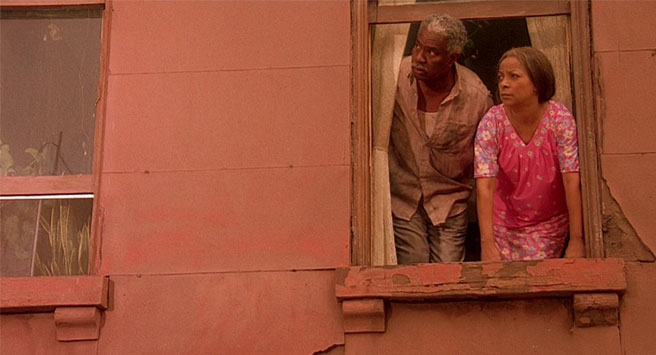 Spike Lee cites Ossie Davis and Ruby Dee as two of his biggest influences. "They were there with Paul Robeson, they were there with Malcolm X, they were there with Dr. King."
Spike Lee cites Ossie Davis and Ruby Dee as two of his biggest influences. "They were there with Paul Robeson, they were there with Malcolm X, they were there with Dr. King."
WHY WE CARE:
DO THE RIGHT THING features very little in the way of plot. Buggin' Out's plan to boycott Sal's doesn't really get going until more than halfway in, and even then it's not clear whether it's going to amount to anything. Keeping an audience on board when there's little plot to be found takes skill to say the least. Firstly, Spike Lee has a style which is both captivating and immediately recognizable. Right off the bat, we have Rosie Perez dancing to Public Enemy through the opening credits followed by the eccentric Love Daddy warning his listeners of the heat and declaring a "Jheri curl alert!" We're immediately pulled into a unique experience, and the color palette, extreme camera angles, and actors' takes to the camera only add to the novelty of it all. Perhaps even more important than this is the mounting tension the film. Regardless of which characters are in which scenes and whether they'll even show up again, each moment serves to build the overall tension in the neighborhood, as if its collective population is one pulsing organism that can only tolerate so much.
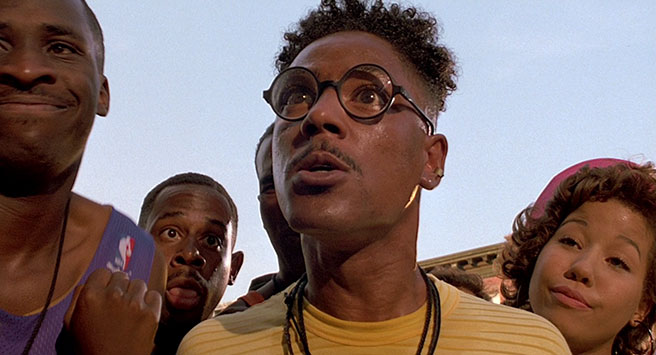 Buggin' Out getting in the face of the white neighbor who messed up his Air Jordans is a great example of a scene that doesn't further the plot at all but lets us know the pot is about to boil over.
Buggin' Out getting in the face of the white neighbor who messed up his Air Jordans is a great example of a scene that doesn't further the plot at all but lets us know the pot is about to boil over.
WHY WE'RE SATISFIED:
Ugh, this one's rough. Sal lets a stream of racist obscenities fly, the cops needlessly kill Radio Raheem, Mookie hurls a trash can through Sal's window (turning a stand-off into a full-on riot), and as the fire brigade uses hoses to knock back the rioters, Mother Sister screams as decades of progress are undone in a single evening. We do end with an awkward semi-reconciliation between Mookie and Sal and a Love Daddy-narrated shot of the street showing things pretty much back to normal, but it doesn't come close to washing away the tragedy we just witnessed. If there's any satisfaction to be found here, it's in the understanding that people cannot coexist while harboring such deep-seated negativity and that violence in these situations is absolutely not an solution. As the words of Dr. King and Malcolm X take us out of the film, we leave Spike's morality play with the knowledge that, while things may have turned ugly in Bed-Stuy, maybe there's still hope for those of us looking on.
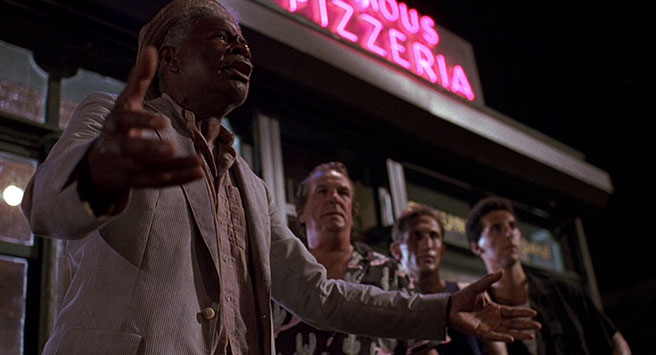 "If we don't stop this and stop it now, we gonna do something we're gonna regret for the rest of our lives."
"If we don't stop this and stop it now, we gonna do something we're gonna regret for the rest of our lives."
WHY WE REMEMBER:
DO THE RIGHT THING may be over 25 years old, but it rings as true today as it did then. With constant reports of racially charged violence all over the world, this isn't just a document of days gone by. As for the film itself, it's worth noting Spike walks the line between comedy and drama so well that we're both entertained and considerably more affected when things get serious. The directing, cinematography, and costume/production design all work together to weave a tapestry of humor, energy, tension, love, hate, excitement, and sadness. Spike Lee's Oscar-nominated screenplay tackles difficult subject matter without ever feeling too on-the-nose, and a stellar cast brings the world to life, from the seasoned Ruby Dee and Ossie Davis to the also Oscar-nominated Danny Aiello to up-and-comers Bill Nunn, Giancarlo Esposito, John Turtutto, Rosie Perez, Martin Lawrence, Samuel L. Jackson, and of course, Spike Lee himself. DO THE RIGHT THING still holds up as an excellent film, but the fact that it's just as poignant now was it was in 1989 makes it that much more meaningful, and that's the truth, Ruth.
Thoughts? What else worked for you? What didn't? Strike back below!
If you have any movies you'd like to see put under the microscope, let us know below or send me an email at [email protected].


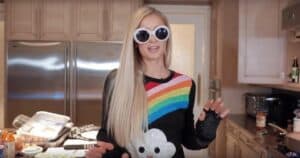
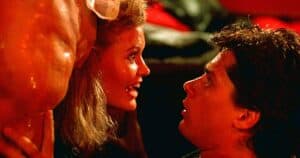
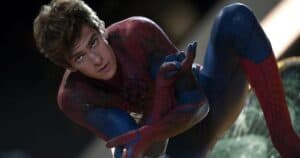
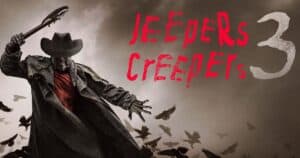
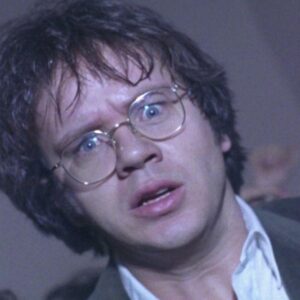
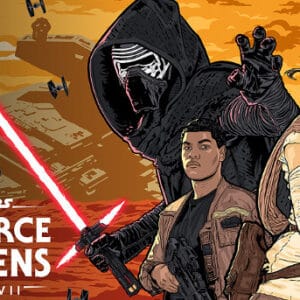
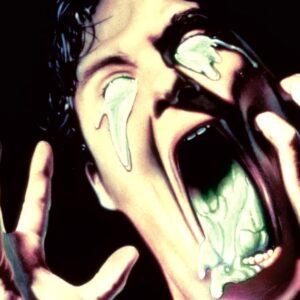
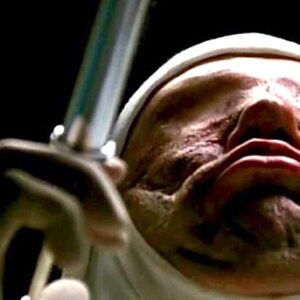
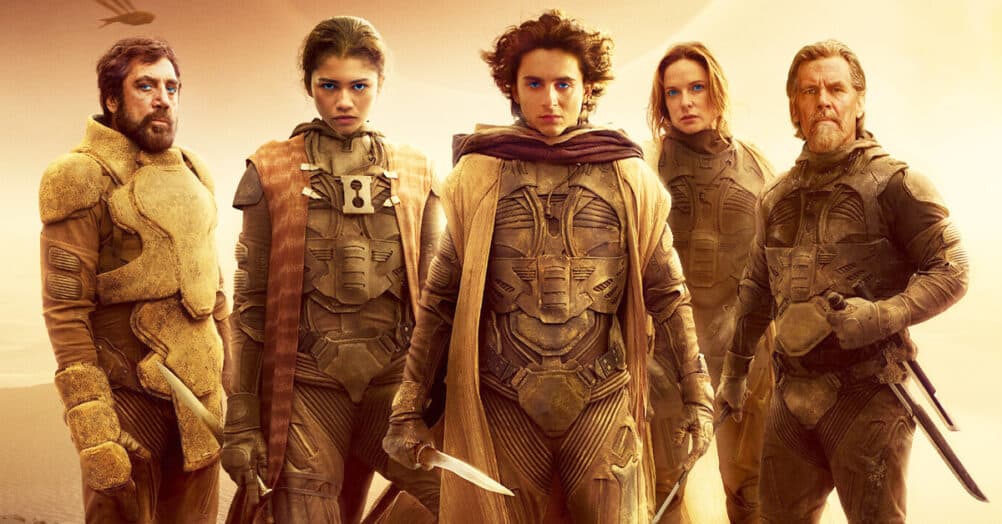
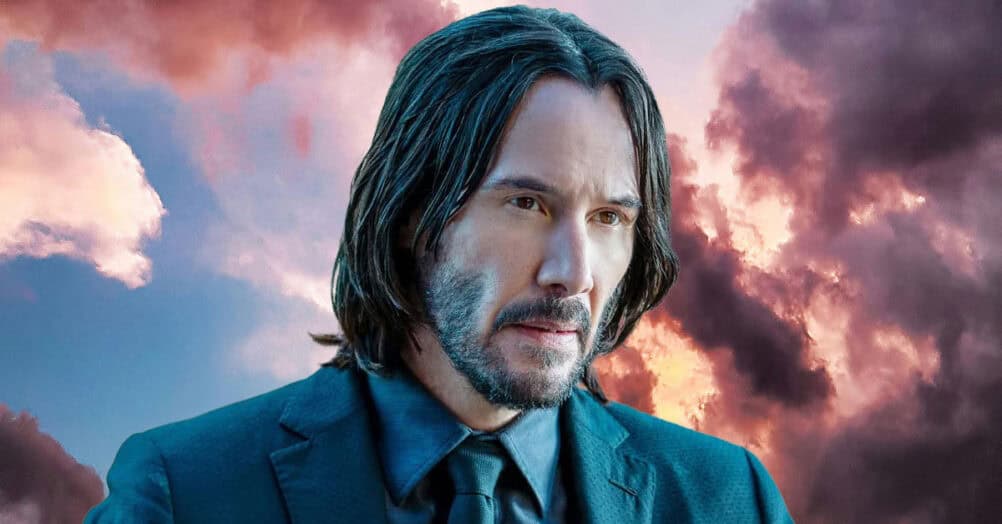
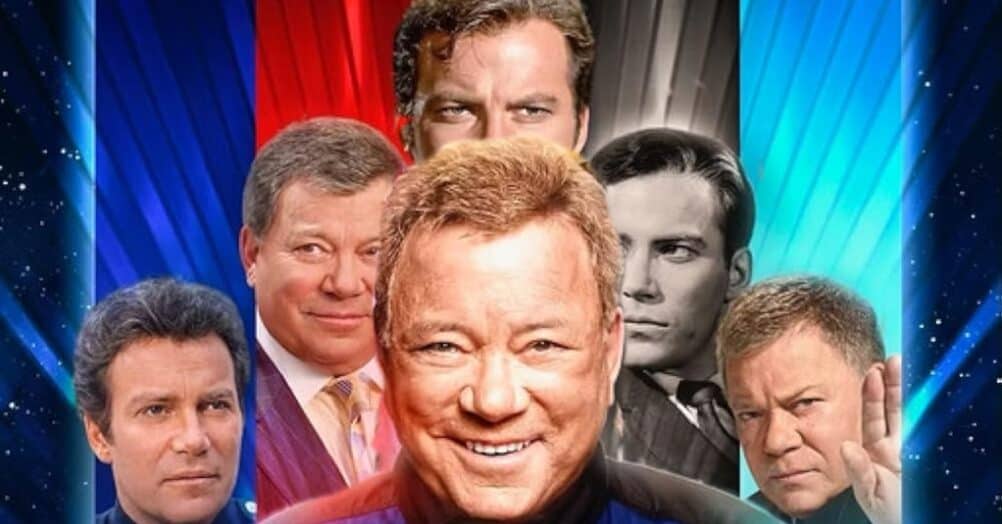
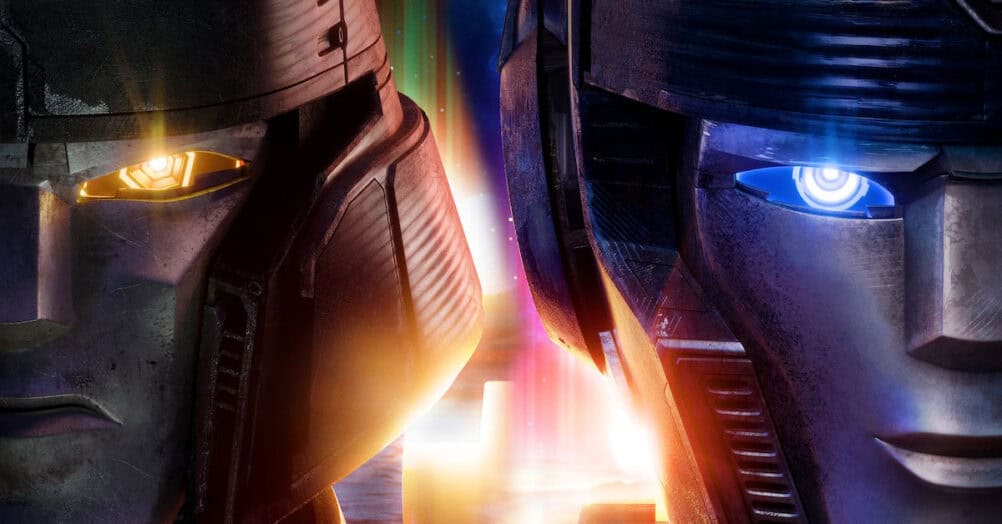
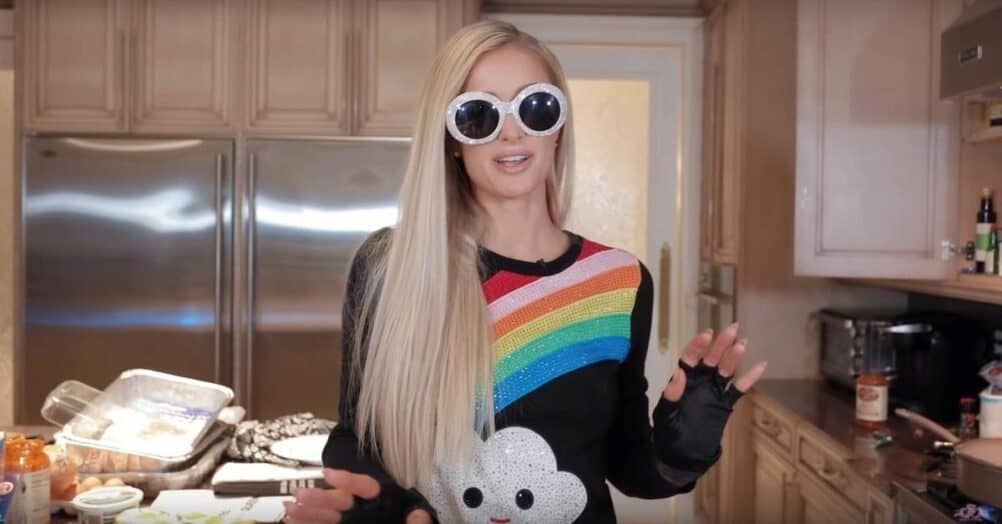
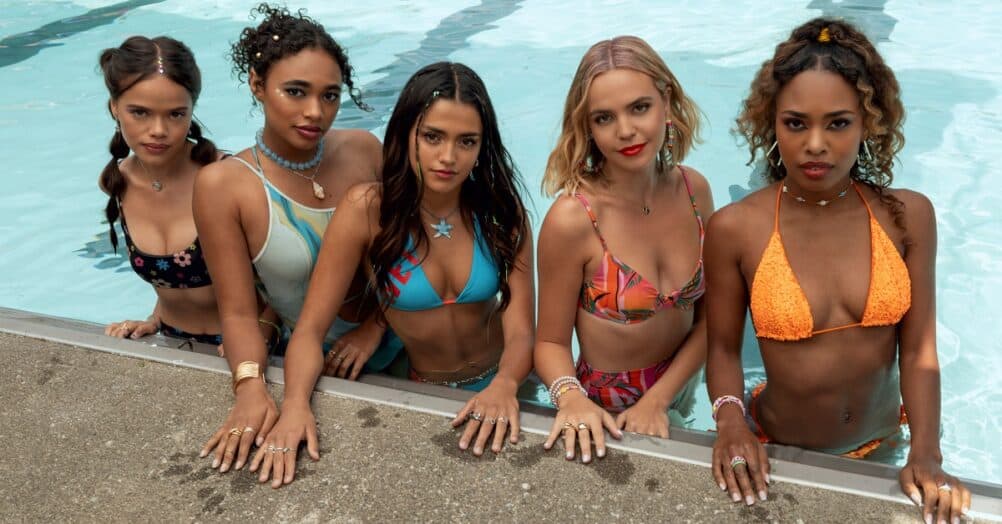
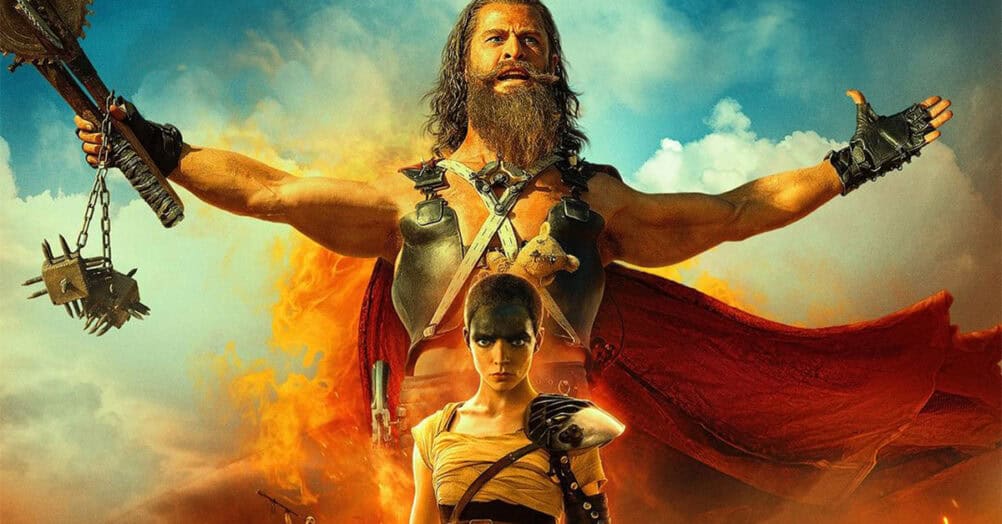
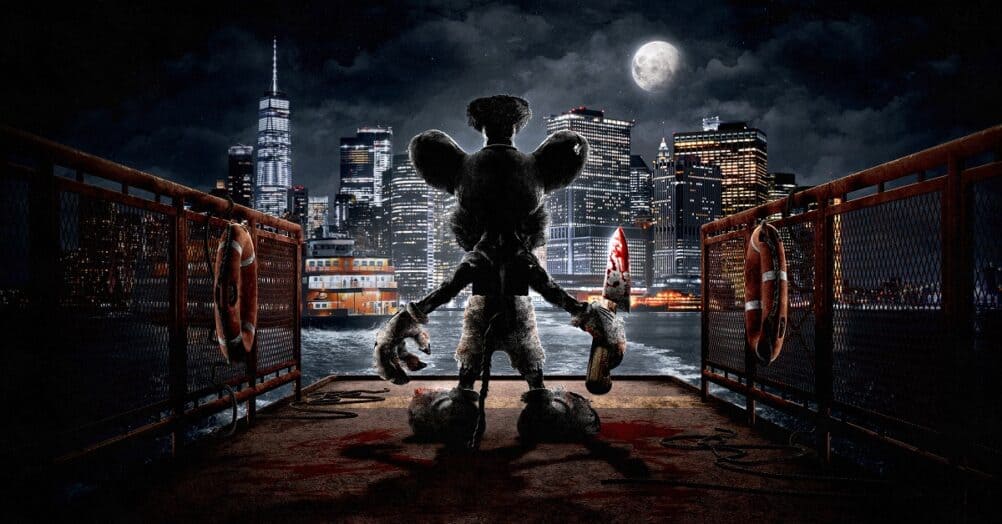
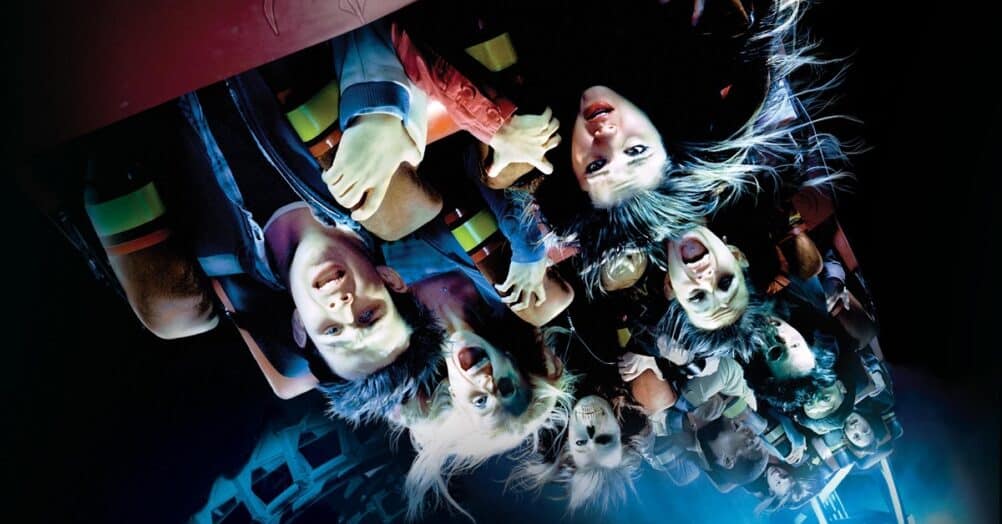
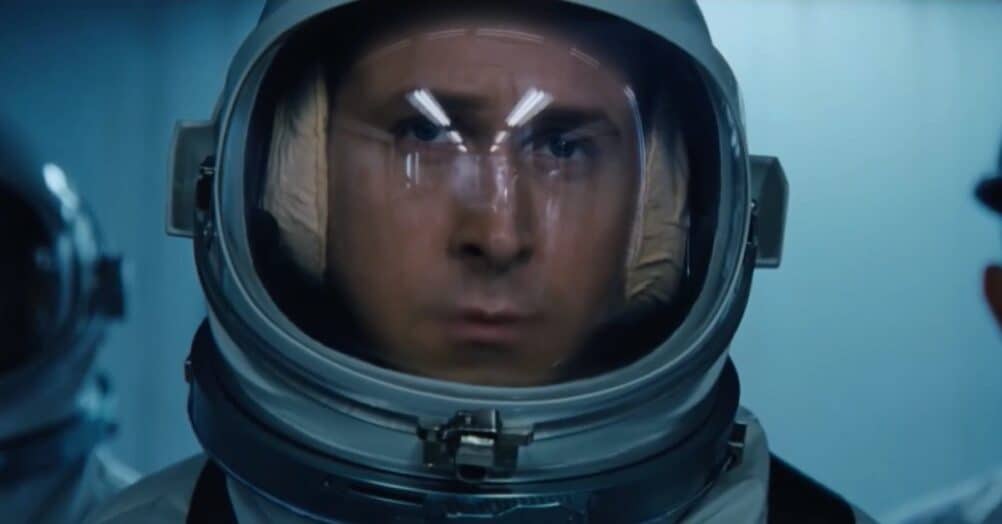
Follow the JOBLO MOVIE NETWORK
Follow us on YOUTUBE
Follow ARROW IN THE HEAD
Follow AITH on YOUTUBE